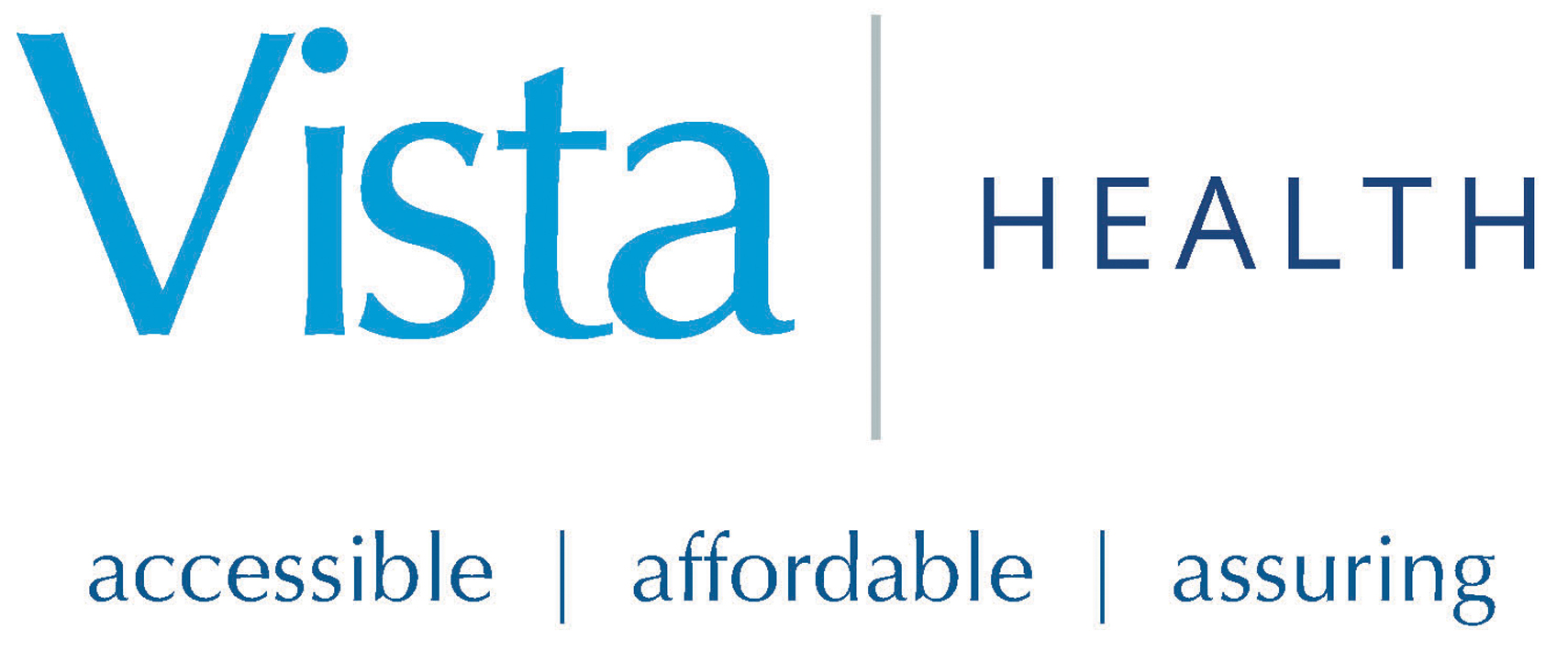When patients hear their doctor say they need an MRI scan, they often worry. But there’s no reason to. On the contrary, you should have the reassurance that the scan will rule out serious problems and give your doctor valuable information to help treat your condition. It may help to know what this type of diagnostic test is, how it works, when it is used and how safe it is.
What is the MRI Scan and How Does it Work?
MRI stands for magnetic resonance imaging. The MRI scan is a diagnostic test that generates images of your internal body system in detail using radio waves and strong magnets. This type of test is usually done in facilities that conduct other diagnostic services like echo scans.
Unlike an X-ray or CT scan, it does not use ionizing radiation, which can harm your health. You will lay on a table that slides into the MRI machine during the scan. The machine is a large, cylinder-shaped device containing powerful magnets. You will be asked to stay still during the scan so the images are clear.
The MRI machine sends radio waves through your body and then records the signals. A computer translates these signals into detailed images of your organs, bones and other tissues. The images can then be viewed on a monitor, printed out or stored on a computer.
When is an MRI Scan Used?
MRI scans are used to diagnose a wide variety of conditions, including:
● Cancer
● Heart disease
● Stroke
● Infections
● Musculoskeletal conditions such as arthritis
● Problems with the brain or spinal cord
Your doctor may recommend an MRI scan if you have symptoms that could be caused by one of these conditions. For example, if you have sudden onset of arm weakness, the scan can check for a possible stroke.
The scan also helps guide a biopsy, a procedure in which a small tissue sample is removed for testing.
How Safe is an MRI Scan?
MRI scans are generally safe. The strong magnetic fields and radio waves used to create the images do not pose any known health risks. However, there are a few potential risks that you should be aware of.
It is not advisable if you have metal in your body, such as an artificial joint or pacemaker. The strong magnetic fields used in the procedure can cause metal objects to move and could cause serious injury.
If you’re pregnant, there is a chance that the MRI could harm your unborn child. But the benefits of the scan may outweigh the risks. Your doctor will discuss this with you before ordering the scan.
You may also be given a contrast agent during your scan. This is a substance injected into your body to help improve the quality of the images. Contrast agents are generally safe, with a risk of allergic reaction.
If you have concerns about MRI risks, be sure to discuss them with your doctor before the scan.
How Do You Choose Where to Have the MRI Scan?
If your doctor recommends an MRI scan, you may choose where to have the procedure done. You may want to consider the following factors:
- MRI costs: If you have insurance, find out if the facility is in your network. If you don't have insurance, ask about the cost of the procedure.
- The facility's location: You don’t have to travel a long distance for the scan. Choose a facility that is closer to home for your comfort and convenience.
- Wait times: If you need to have the MRI scan done as soon as possible, find out how long the facility takes to schedule appointments.
- The staff's experience: When you call the facility, ask about the qualifications of the staff. Make sure the team is experienced in performing scans.
- The type of MRI machine: Open MRI machines are large, cylinder-shaped devices that you lay in. Closed MRI machines are smaller, and you slide into them. People with claustrophobia may opt for the former.
Once you have considered these factors, you can decide where to have the scan done.
Vista Health is a primary healthcare provider specialising in diagnostic services with convenient locations in London and across the UK. Call us at 0330 311 4040 for more information or book your appointment online now.
